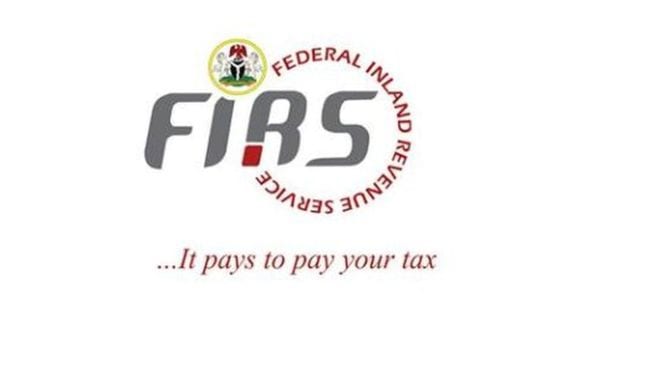The new Chairman of the Major Oil Marketers Association of Nigerian (MOMAN), Mr. Olumide Adeosun has said that the imposition of Value Added Tax (VAT) on imported Liquefied Petroleum Gas, also known as cooking gas will hamper the adoption of the fuel in the country.
He stated this on Thursday during a virtual press briefing where his appointment was announced.
Adeosun, who is the Chief Executive Officer of Ardova Plc, succeeds the CEO of 11 Plc (formerly Mobil Oil Nigeria Plc), Mr Tunji Oyebanji, who was chairman of the association from 2019 to 2021.
READ ALSO: Jaiz Bank Plc secures $25 million from Islamic Corporation to support SMEs in Nigeria
In his response to a question on cooking gas price hike in the country, the new chairman of MOMAN said, “Unfortunately, we still don’t produce sufficient domestic LPG; so, we are having to do a lot of imports and we are seeing a spike globally in the price of LPG.
“Domestically, what can we do? I think there have been discussions around the VAT that has been levied on the product.
“I think one of the big discussions that is going on right now is how that can be eliminated because the tax naturally creates a barrier to the objectives of the ‘Decade of Gas’, which is to increase the penetration and adoption of LPG, among other things, as an alternative to biomass. So, we are hoping that there will be some headway being made in that direction.”
Adeosun considers the opportunity given him to serve as the chairman of MOMAN as a rare privilege in such an exciting time for the industry.
He said, “As a collective, we are at cusp of new beginnings for the sector and I envisage that as we move towards less price-controlled reality, our journey will make for interesting times.
“My predecessor, Mr Tunji Oyebanji, provided leadership that was needed to navigate a very challenging time for both our association and the downstream sector.”
According to him, MOMAN must be at the forefront of unraveling the opportunities associated with operating in the free-market structures that had been created by the Petroleum Industry Act, and continually advocate for changes that will positively impact the sector and the Nigerian economy.
Adeosun said, “Making the transition to a fully competitive pricing oriented downstream sector will require the collective engagement and resolve of all stakeholders.
“The world around us is changing rapidly and the oil and gas industry has been proven to be one of the most exposed to the winds of this change.”

